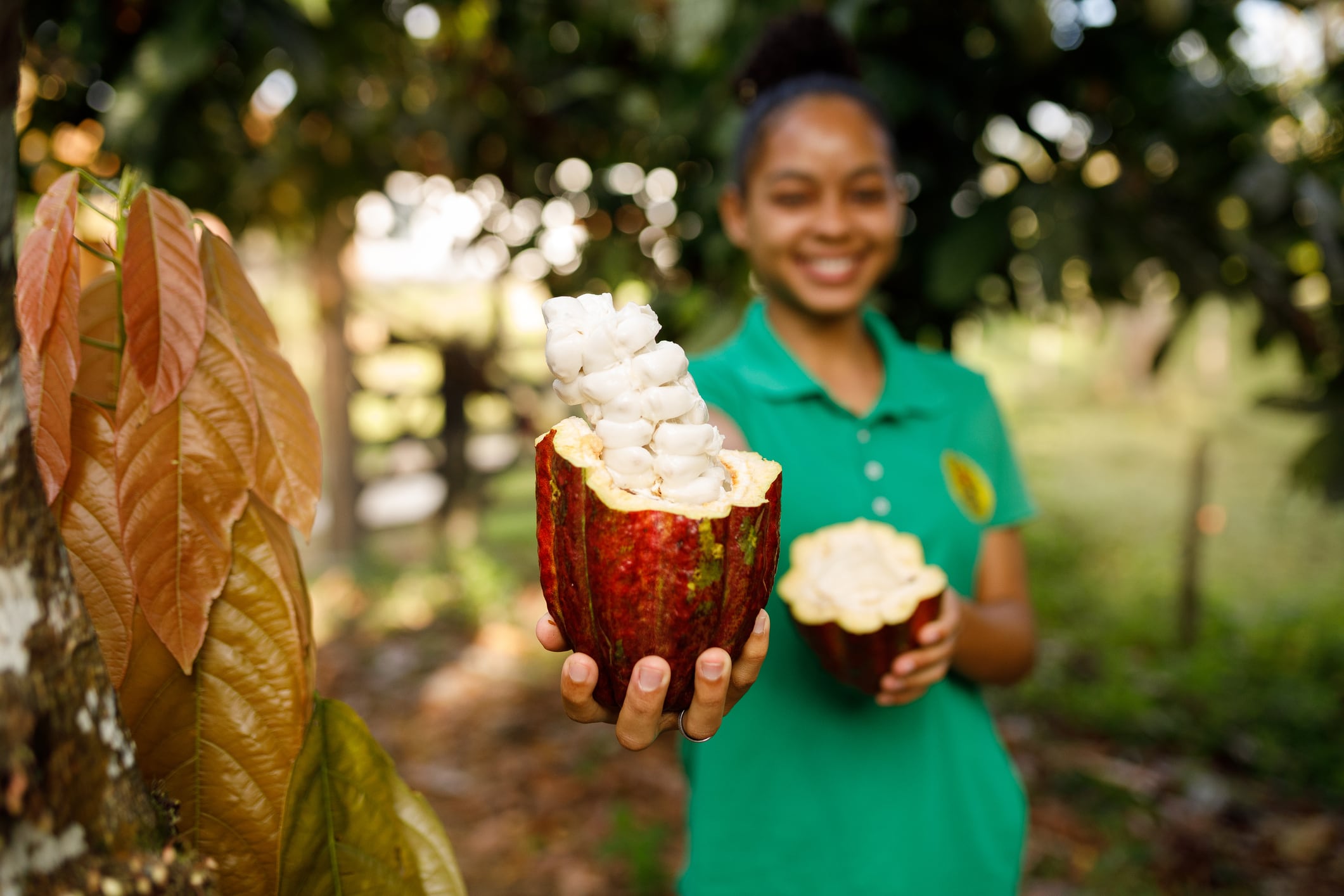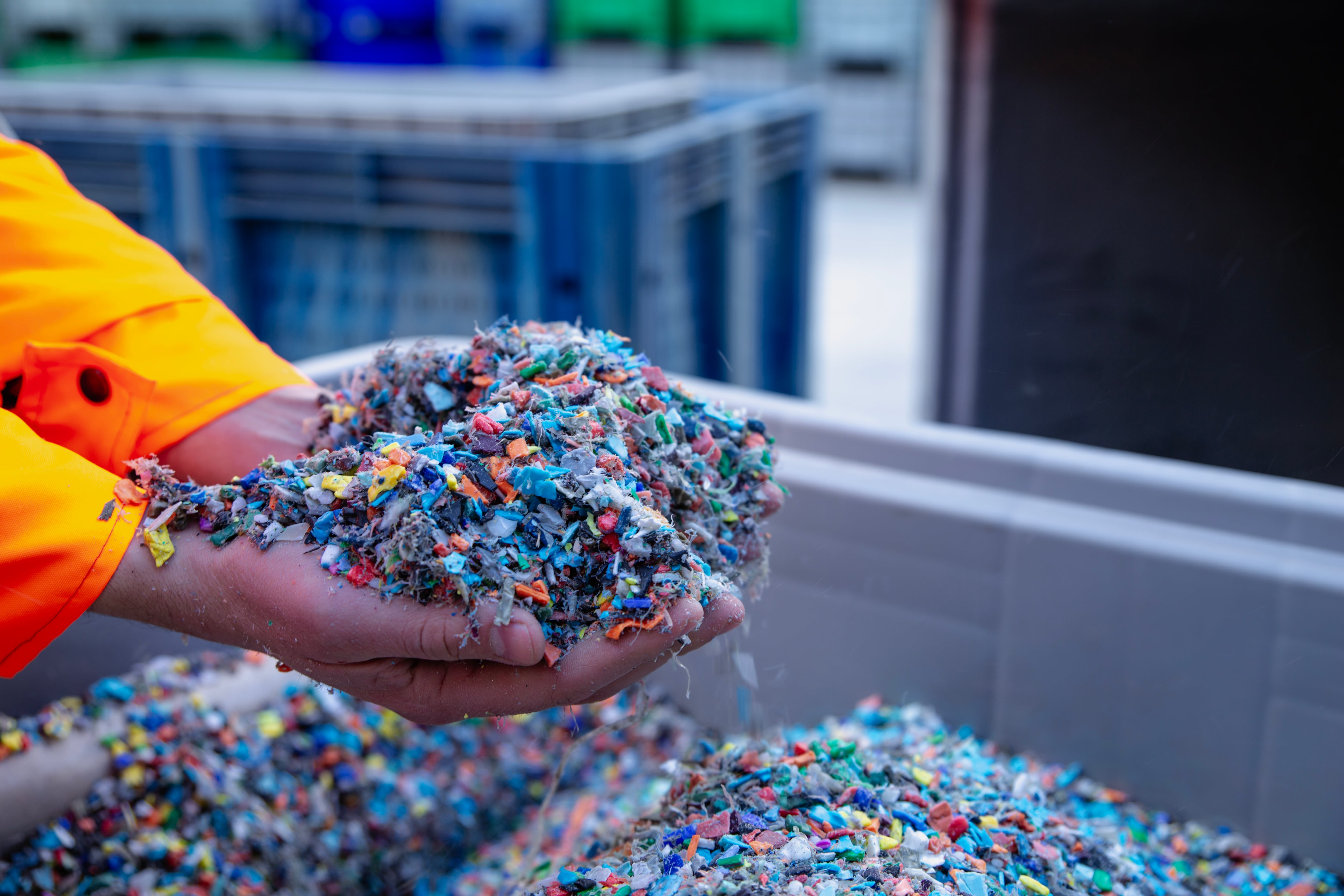Dutch non-governmental organisation (NGO) Profundo states that the costs for confectionery businesses to comply with the upcoming European Union Deforestation Regulation (EUDR) are negligible. In its new study and accompanying report analysing EUDR compliance costs, Profundo found that these are, on average, 0.10% of annual revenues for large companies and small-to-medium (SME) organisations.
In partnership with the Tierra Pura Foundation, which commissioned the study, Profundo states that if confectionery companies were to pass over the costs of deforestation-free cocoa to its consumers, the resulting price increase would be even smaller. Profundo expects this will be between 0.001% and 0.07%.
To indicate the marginal cost impact for confectionery companies, the NGO compares this price increase to the European Central Bank’s annual inflation figure, which currently sits at 2%. “These results bring transparency to the debate on the level of costs that compliance with the EUDR and other supply chain sustainability laws would impose on large and small companies,” Profundo’s report authors state.
Cost concerns exist
However, the wider confectionery industry remains unconvinced about the lack of burden incurred by the EUDR’s introduction.
Brands and manufacturers have expressed concern about how much compliance costs will affect their businesses. Industry predictions anticipate that smaller confectionery brands may fare better from a cost perspective than multinational brands due to their positive profit margins.
Based on the requirements for large businesses, Profundo’s report estimates that the upcoming EUDR will see global chocolate giant Barry Callebaut spend approximately 0.04% of its revenues per year and 0.1% on compliance costs, equalling a total of 0.05% per annum. Cocoa processor Touton, which has higher revenues than Barry Callebaut, is expected to spend 0.01% of its revenue on setup costs and 0.08% on annual spending.
Confectionery leaders welcoming EUDR’s arrival
Following its 12-month delay, confectioners are now preparing to welcome the EUDR’s introduction in December 2025. The new regulatory framework is considered a landmark arrival to support the future of sustainable and transparent confectionery supply chains. Although sustainability is a mainstay in confectionery supply chains, there is still room for improvement. As the EUDR’s implementation nears, it has brought this to the fore.
“We’re very happy with the EUDR regulation,” confirms Joke Aerts, Open Chain Lead at Tony’s Chocolonely. “[We] did not want it to be delayed and focus on this transparency in the supply chain becoming a hygiene factor that everybody must comply with,” she adds.
After almost two decades of working at an NGO in certification, Tony’s Chocolonely’s Aerts states that for the first time, private companies were held more accountable to be more transparent about their supply chains with a significant focus on good agricultural practices. “In 2025, we know that good agricultural practices must be paired with good purchasing practices for private companies – private companies need to take responsibility,” she shares.
Total transparency, complete collaboration and integral inclusivity
Built-in operational transparency is crucial. Ensuring all farms are mapped and that farmer registries are complete before the start of the cocoa season is key. Tony’s Chocolonely works this way, enabling the chocolate giant to know where all its cocoa comes from. “The mapping allows us to check for deforestation occurrence or risk and take immediate action,” Aerts confirms.
In addition, traceability also incorporates social traceability. It’s asking, where is all your cocoa coming from? Which households provide this labour and this cocoa to the supply chain? Social traceability also focuses on continuing to reduce the child labour prevalence rate and getting farmers across the living income benchmark, which Tony’s states is a solvable problem.
Centering on the principle of raising the bar, Tony Chocolonely states that governments and legislation play a huge role in making confectionery supply chains fairer, more transparent and equitable.
Sustainable trade initiative IDH collaborates with its partners to develop a more inclusive approach to ending deforestation. “We strongly agree that regulation is essential, but it alone cannot solve human rights and environmental issues in global supply chains,” says Stephanie Raymond, senior manager for international partnerships at IDH Trade.
“The EUDR, in particular, risks excluding many smallholder farmers, which would, in turn, jeopardise their livelihoods,” asserts Raymond. Forests are also hugely at risk. IDH is working to tackle root causes and support compliance with the EUDR, bringing together public and private sector actors in a way that safeguards the livelihoods of small, older farmers.
Along with working on cross-collaboration, bridging gaps in public-private collaboration, and social, environmental and production improvements, IDH plays a key role in enhancing the convergence with existing standards. In cocoa, for example, IDH overlooks the alignment between the African regional standard ARS 1000 and EUDR’s requirements. “Addressing the drivers of deforestation at that landscape or sourcing level is also really important, as is working with the smallholder farmers in the cocoa value chains,” Raymond adds.
Software solutions drive EUDR readiness
Technology is also a key driver in enabling EUDR compliance. “Artificial intelligence (AI) is a necessary vehicle to put actions into place and to change things, make supply chains more transparent and resilient, focus on the most important parts, and understand how things depend on each other,” says Georg Fischer, Product Specialist at Osapiens.
Today, companies have to go beyond regulatory requirements to additional knowledge they can gather from their supply chains, even if laws do not specify that they have to identify certain risks. “When it comes to the EUDR in general or very specifically, this is just one part of the companies’ journey to understand how resilient their supply chains are and how they act to improve the resilience of the supply chain,” adds Fischer.
Software modules can apply to many different due diligence and supply chain traceability scenarios, undertaking risk analyses. To maximise their relevancy, confectioners can gather information from suppliers, asking questions like: What is the origin of this product, and who else may be in the EU in an EU supply chain?
With relevant processes, confectionery companies can implement EUDR-compliant actions in their existing processes without requiring significant setup modifications.
Don't miss out upcoming webinar: Industry experts discuss EUDR supply chain requirements
Listen to our upcoming webinar on Building Sustainable and Transparent Supply Chains in Confectionery on March 27 at 3pm GMT. We will hear from industry leaders from Tony’s Chocolonely, Fairtrade International, IDH Trade and Osapiens on what robust and future-focused supply chains look like amid the EUDR’s arrival.
We will welcome the following speakers at our upcoming webinar:
● Joke Aerts, Open Chain Lead at Tony’s Chocolonely
● Georg Fischer, Product Specialist at Osapiens
● Stephanie Raymond, Senior Manager for International Partnerships at IDH Trade
● Monika Berresheim, Senior Advisor for Sugar at Fairtrade International




